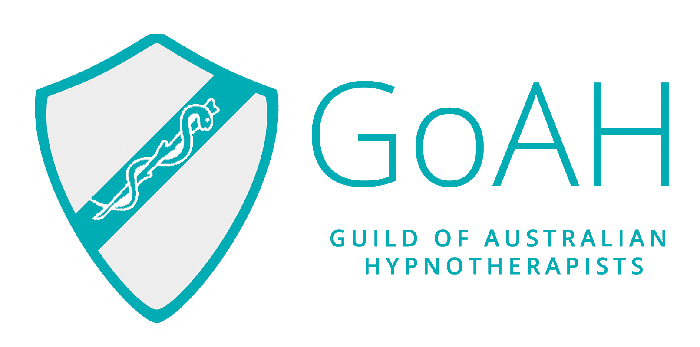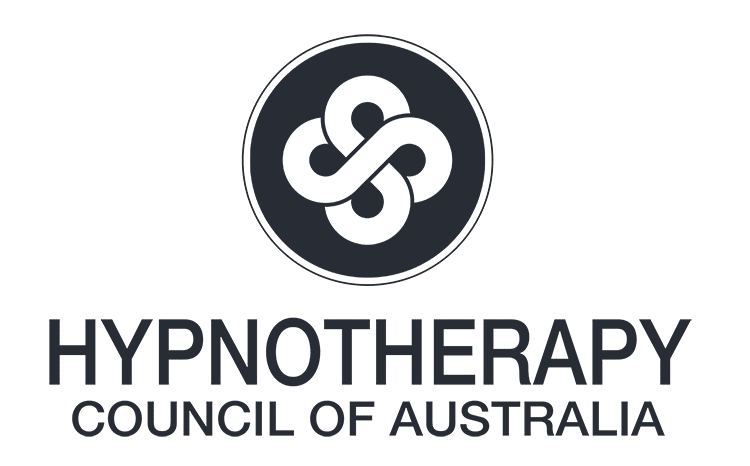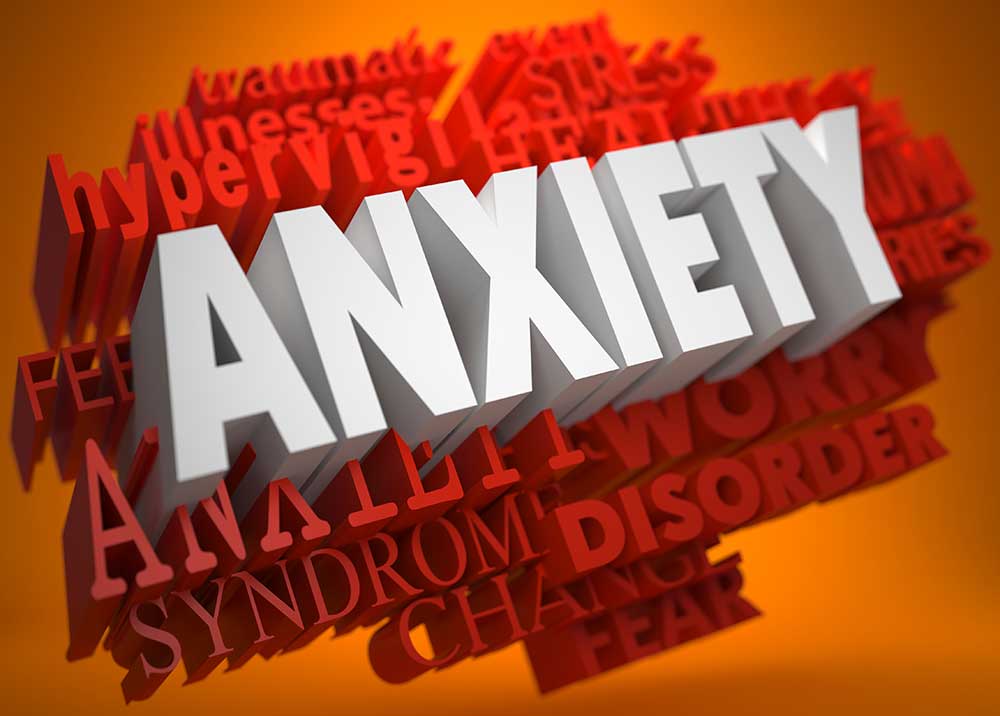Hypnotherapy and Anxiety
What is Anxiety?
Anxiety is a rapid and continued response to a perceived threat. There are many causes of anxiety and stress such as a looming work deadline, public speaking or just day-to-day life and, it is often very distressing. The Anxiety Response, causes us to feel that we have lost choice and control.
The Anxiety Response
Anxiety causes the amygdala, the area of the brain responsible for emotional processing, to send a distress signal to the hypothalamus, which acts as a command centre, communicating with the rest of the body to trigger fight-flight-freeze or Anxiety or Stress Response. The stress hormones adrenaline and cortisol are released, causing an increase in your heart rate, blood sugar and blood pressure. Your breathing becomes shallow, and you usually find yourself breathing through your mouth.
When this Anxiety Response does not turn off, it’s like a continual car alarm that you have difficulty turning off. Annoying and distressing to you and those around you because you don’t know what to do.
Chronic Anxiety and stress cause the long term activation of the fight-flight-freeze response which may cause future health problems. It is essential to reduce anxiety and stress for your body’s health as well as for your emotional well-being and the well-being of your relationships.
Hypnotherapy and Anxiety
In Hypnotherapy, one of the first things we do is help you learn to switch off the Anxiety Response, by challenging the body’s emotional, physical and hormonal beliefs that you are being threatened.
Anxiety is a state of distress. Hypnotherapy helps you challenge and change your mindset, allowing you to move to a state of confidence and control. We teach you to break state, releasing you from the anxiety state and, move you to a state of your choosing, a state of calm and control.
In Hypnotherapy, we work with the mind-body-spirit or the whole of you. Hypnotherapy addresses all of your Anxiety pressure points such as your
- Beliefs
- Thoughts
- Feeling and emotions –internal state
- Actions – external state and verbal and non-verbal reactions
- Behaviours – Anxiety and stress reactions.
Research of 171 trials of hypnosis demonstrated the average participant treated with hypnosis for anxiety improved more than 84% compared to control participants.
Anxiety Control Tools
Hypnotherapy educates you about your anxiety and teaches you to manage it on a day-to-day basis. There are days where you may feel anxious, possibly feeling overwhelmed anticipating a stressful event. Then, there are days when you will experience a state of anxiety and stress.
Learning the Anxiety Control Tools gives you choice and control. Your Hypnotherapist will help you learn to tools and choose one or multiple tools that work for you. The Anxiety Control Tools includes:
1) Control your Thoughts
Think of sucking on a lemon and your mouth salivates. This is a good example of how your thoughts do create your reality. Anxiety causes your thoughts to race. Calming down and controlling your thoughts is key to controlling anxiety.
Change the monologue in your mind (monkey mind) to a dialogue. Instead of believing a thought such as ‘I can’t breathe properly!’ challenge that thought by saying to yourself ‘Is that true? No! I’ve been breathing well all my life. I can do it now!’. Stop, take a few slow, steady breaths and you will calm down. Moving to a dialogue with your thoughts helps you to talk yourself down.
A dialogue helps you to gain control of your thoughts and slow them down by challenging them. The impact on your body is immediate. You switch control from the brain’s amygdala and hypothalamus which is making the Anxiety Response to the left prefrontal lobe of the brain when you challenge your thoughts and verbalise them. The threat response is extinguished.
Challenging your thoughts also helps you control your overall Anxiety Response being triggered. When we let our thoughts run away, fear and anxiety will spiral, possibly out of control. When we control our thoughts, challenge and observe them, then the Anxiety will be under your control. You choose what happens next and, how you respond.
2) Visualisation
Visualisation is a very powerful tool for control and choice. Visualising yourself as calm and confident helps to activate the brain and stop the Anxiety Response e.g. you in the driver’s seat of a car or boat, firmly in control.
3) Breathe work
When we breathe in, we activate the sympathetic nervous system – the part that activates the fight-flight-freeze response. When we breathe out, we activate the parasympathetic nervous system – the part that relaxes and calms us. In anxiety, our breath becomes shallow with little focus on the out-breath.
Try 7/11 breathing which involves breathing in on a quick count of 7 (not 7 seconds), pausing for a moment, breathing out to the quick count of 11, pausing for a moment again, and repeating. The important thing here is that the out-breath is slower and longer than the in-breath. The numbers don’t matter. Use 5/9 to start with if you find 7/11 difficult.
The focus on breathing is a distraction and utilises a different part of the brain to the stress response letting the body know there is no immediate threat.
3) Superman stance (NLP)
1. When triggered by anxiety, step out of the spot you are sitting or standing in.
2. While you do this, imagine stepping out of the anxiety. Observe the anxiety response.
3. Take a breath at the same time.
4. Adopt a body posture of confidence: stand straight, stand tall, expand your chest, and put your feet firm on the floor shoulder-width apart. Put your hands on your hips, like you are Superman. It has been scientifically proven that breathing and adopting a confident body posture reduces anxiety.
4) Eat
Your body reacts to being threatened by shutting down parts of your body. One of the first areas to be shut down is your digestive system including your salivary glands in your mouth. Your body figures you’re in the Anxiety Response, so you will not be sitting down to dinner anytime soon. One of the symptoms of anxiety is a dry mouth.
Eat a square of dark chocolate, a cookie or other small snack to tell your body that you are not being threatened which, turns off the anxiety alarm system.
5) Dial it down
Check-in by asking, on a scale of 0-10, where 0 means you are feeling no anxiety at all, and ten means you are super anxious and note down the number.
Choose which number you would like to be, e.g. if you are at 7 now, you would choose to be a 2 or 3. Imagine a dial or slide on the scale, and imagine dialling down until you reach a 2 or 3. You’ve just activated your cognitive process by thinking about the numbers which distracts your brain’s focus from your anxiety, placing you in control, not your anxiety.
Visually, you have replaced a thermometer, which continues to rise with a thermostat where you have control of the dials and can turn it down or off.
6) Release the Adrenalin
After an Anxiety Response, your body is full of adrenalin/cortisol, the stress hormones. The healthiest option is to help your body release the stress hormones and replace them with dopamine, the feel-good hormone. You can increase dopamine naturally. Try a couple of the following –
a. Smile and laugh. Remember a time that made you smile or gave you a good belly laugh. If you can’t think of one or, you do not feel like smiling because you are still anxious, try making a smile by putting a pen between your teeth. A smile, genuine or not, releases dopamine and is one of the easiest ways to feel great.
Thich Nhat Hanh said “Sometimes your joy is the source of your smile, but sometimes your smile can be the source of your joy”.
b. Sunlight and Vitamin D. Start with at least 10 to 15 minutes outside each day for a short walk. If you’re tired of the same old sights, try exploring a new neighbourhood or park. This keeps up the Vitamin D.
c. Get out of your comfort zone by doing something new that avoids routine and stimulates dopamine.
d. Exercise, sleep and eat a healthy, fresh food diet.
e. Music can be very calming. Listening to your favourite music is calming when you are stressed or anxious.
f. Meditation reduces stress and increases dopamine and serotonin.
g. Connect with people by socialising with friends or choose a romantic dinner.
h. Positive self-talk and praise. Praise yourself, receive praise from others and celebrate it – feeling good about yourself and choosing to be happy are huge dopamine boosters.
i. Challenging your thinking by replacing negative thoughts with positive thoughts, puts you in a positive state which releases dopamine.
j. Sleep – change your language when you lay down to ‘Sleep is coming to me’. When you say I’m falling asleep or going to sleep, it implies action on your part. You want your brain to totally relax, not be thinking, ‘where am I going?’.
Ref. The efficacy of hypnosis as a treatment for Anxiety: a meta-analysis (2019) https://pubmed.ncbi.nlm.nih.gov/31251710/
In summary, to control Anxiety –
- Knowing how anxiety and stress impacts the whole of you, your body, mind and spirit is important. We’ve touched on the physical body responses here yet, there is more to understand and that’s where your Hypnotherapists has the knowledge and expertise to help you. Now you know that addressing one anxiety symptom only, will not give you the relief, choice and control you need.
- Change comes from the inside out. Individually, Medication, exercise, diet etc all help to change the Anxiety Response but need to be combined with an holistic approach. Hypnotherapy is the holistic therapy. Change how you think, and it will change your reality.
- Believe that you have choices and control. When you understand the Anxiety Response, do the work, and you will be in control of the Anxiety.
- Trust the process. Hypnotherapy works well when you are ready and committed to gaining control of your anxiety.
Author
Helen McLucas is an Accredited HCA and GoAH Clinical Hypnotherapist practicing at New You Hypnotherapy in Sydney, Australia. Find out more about Helen on her website – nyhsydney.com.au.
How to find an accredited clinical hypnotherapist in Australia
The Hypnotherapy Council of Australia is the country’s peak body for the profession and maintains a register of Accredited Clinical Hypnotherapists that belong to its member associations. These associations all adhere or exceed the industry standard training, ongoing professional development requirements and supervision standards and include
- Australian Association of Clinical Hypnotherapy and Psychotherapy Inc.
- Guild of Australian Hypnotherapists
- International Strategic Psychotherapists Association
- Professional Clinical Hypnotherapists of Australia Inc.
- Professional Hypnotherapists of Australia Inc.
If you want to know how hypnotherapy can benefit you email us at admin@guildofaustralianhypnotherapists.com.au and we’ll be happy to put you in touch with an accredited clinical hypnotherapist in your area,


